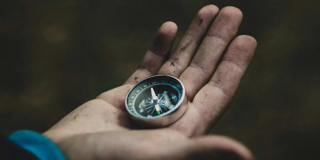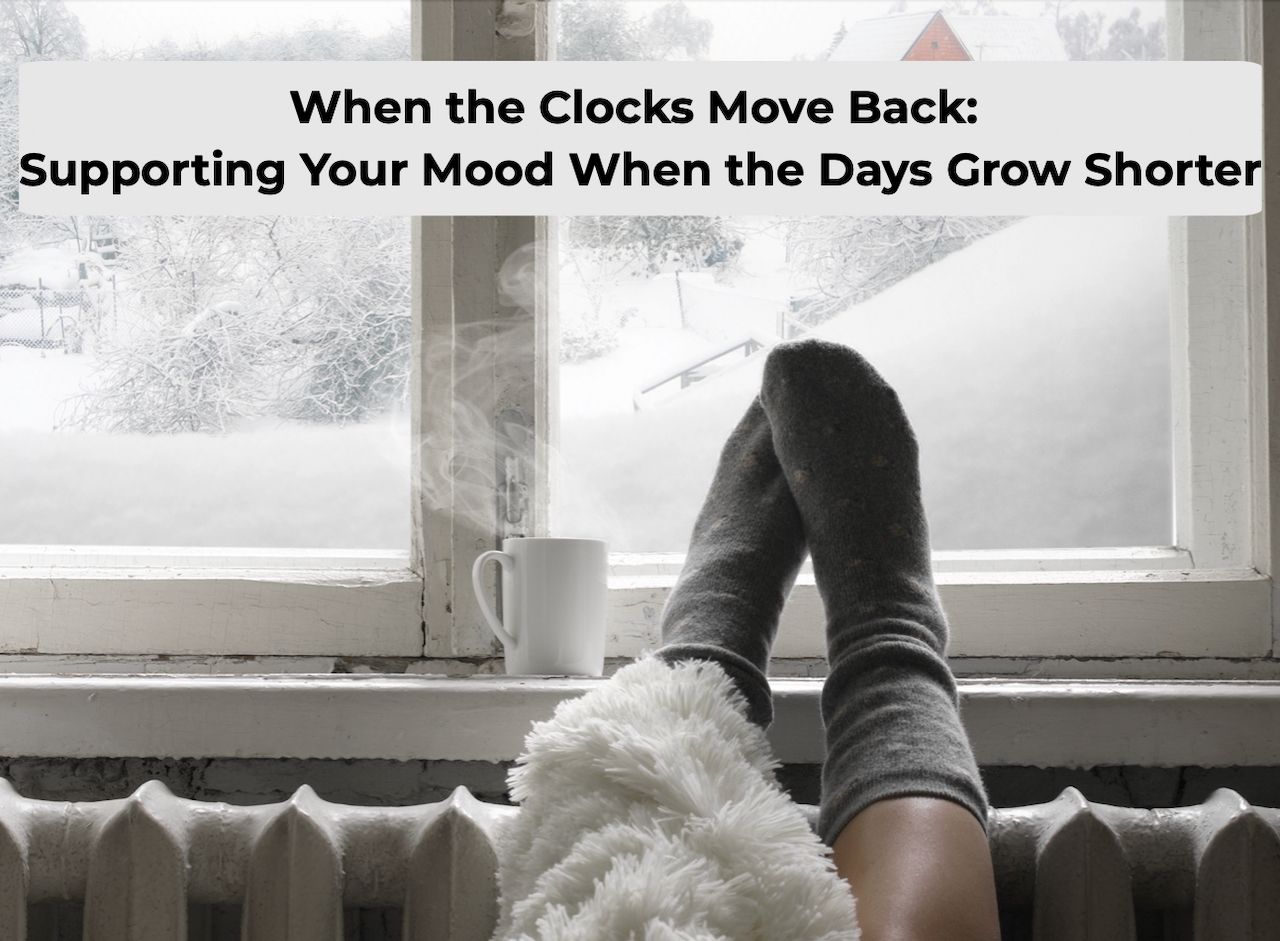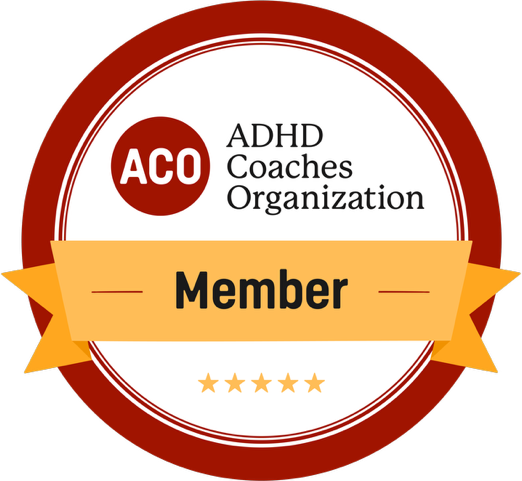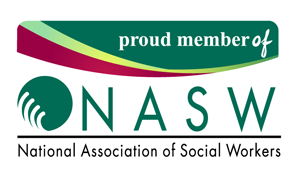Regret Isn’t the Problem - It’s the Turning Point
Learning to Listen Without Getting Stuck
We don’t always talk about regret. It tends to sit quietly in the background, surfacing in the middle of the night or on the drive home from something we can’t undo.
Regret says: “That wasn’t who I meant to be.”
It stings because it’s personal. It points to a gap between our values and our actions—and that gap can feel heavy.
But regret isn’t meant to trap us. It’s meant to teach us. When we stop turning it into a character indictment and start listening for the lesson, it becomes something else entirely: a powerful force for change.
What Regret Actually Means
Regret gets a bad rap. We’re often told to just “let it go” or that there’s no use looking back. But regret is more than rehashing old choices—it’s a signal. A flashlight on a place where something felt off.
It shows up when we’ve acted out of alignment with our values—spoken harshly, stayed silent when something mattered, ignored an inner knowing, chosen comfort or approval over authenticity. And it pulls at us not because we’re flawed, but because we care.
Regret says, “That didn’t sit right. Let’s not do that again.”
Why It Becomes a Trap
Where we get stuck is when we confuse regret with shame.
Regret says:
“That behavior missed the mark.”
Shame says:
“You are the problem.”
That’s the spiral:
“I should’ve known better.”
“What’s wrong with me?”
“I always screw things up.”
Once we shift from noticing a misstep to judging ourselves for it, the opportunity for growth disappears. We go inward—but not in a helpful way. We turn regret into punishment, and nothing useful grows in that space.
Growth Happens in the Space Between Awareness and Action
The purpose of regret isn’t to beat ourselves up. It’s to wake us up.
Regret creates discomfort because discomfort gets our attention. And when we’re willing to pause there—to look honestly, without self-condemnation—we get access to something valuable:
- Clarity about what matters to us.
- Awareness of patterns we want to change.
- Motivation to repair, revise, or show up differently next time.
Mistakes don’t mean you’ve failed.
They mean you’ve encountered a crossroads: Who do I want to be now, knowing what I didn’t know then?
The Invitation: Process, Learn, Release
Once regret has delivered the message, its work is done. You’re not meant to carry it forever. Here’s what that might look like:
- Name the regret—without minimizing or catastrophizing.
- Locate the value—what felt out of alignment?
- Get honest about what was hard in that moment—what were you afraid of, needing, avoiding?
- Decide what you’d want to do next time—and what support would help.
- Let go. With love. With clarity. With intention.
Forgiveness isn’t erasure. It’s how we make space for growth.
Final Thought
Regret doesn’t show up when you don’t care. It shows up because you care. It’s not a sign that you’re broken—it’s a sign that you’re paying attention.
When we listen to regret without judgment, it becomes one of our wisest teachers.
It helps us see more clearly, choose more consciously, and come home to ourselves.
Not to be perfect. But to be aligned.
Want support with follow-through or getting unstuck?
Explore my
free resources or
connect and explore therapy and
coaching options. You don’t have to figure it out alone.
















